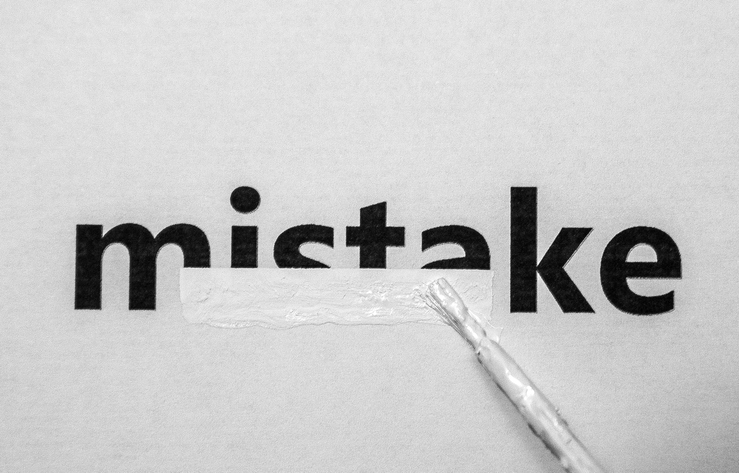If you have found a mistake in a recent return should you amend your IRS tax filing or just let it go? Today is the dreaded extended deadline day for filing your taxes, and there may be some people out there who are realizing that they made a tiny, honest mistake on their taxes. Those people may be freaking out right now, worried that their silly error could cost them a lot of time and money in the future as the IRS pursues and audits them for their mistakes.
Let us ease your fear on that front. Usually the IRS doesn’t pursue action against a taxpayer if it was an honest mistake, such as a math error or a forgotten W-2 form. The IRS will usually correct the math for you, or they will request that you resubmit certain forms that you may have forgotten.
Of course, they won’t be so lenient if the “error” you made was intentional or had willful intent to deceive the agency. The IRS will almost certainly pursue your filing and conduct a thorough IRS audit if you attempt to defraud them.
But what if you legitimately want to amend your IRS tax filing or correct some mistake? What if you forgot to list a deduction on your taxes that you want to utilize? You can amend your tax filing within three years of the date you sent in your filing, or within two years from the date you paid the tax. (Whichever is later is the provision that you follow).
You could also send in a “superseding” tax return, but you would have had to have done this before your tax filing date. Essentially, a superseding return takes the place of the first return that you sent in. As you can probably surmise, going this route could easily confuse the IRS, and it could lead to further tax complications and potential action by the IRS, so be careful if you ever consider this route.
If you have questions on whether to amend your IRS tax filing or just let it go we invite you to learn more about the integrated tax, legal, accounting and business consulting services of Allen Barron and contact us or call today to schedule a free consultation at 866-631-3470.





